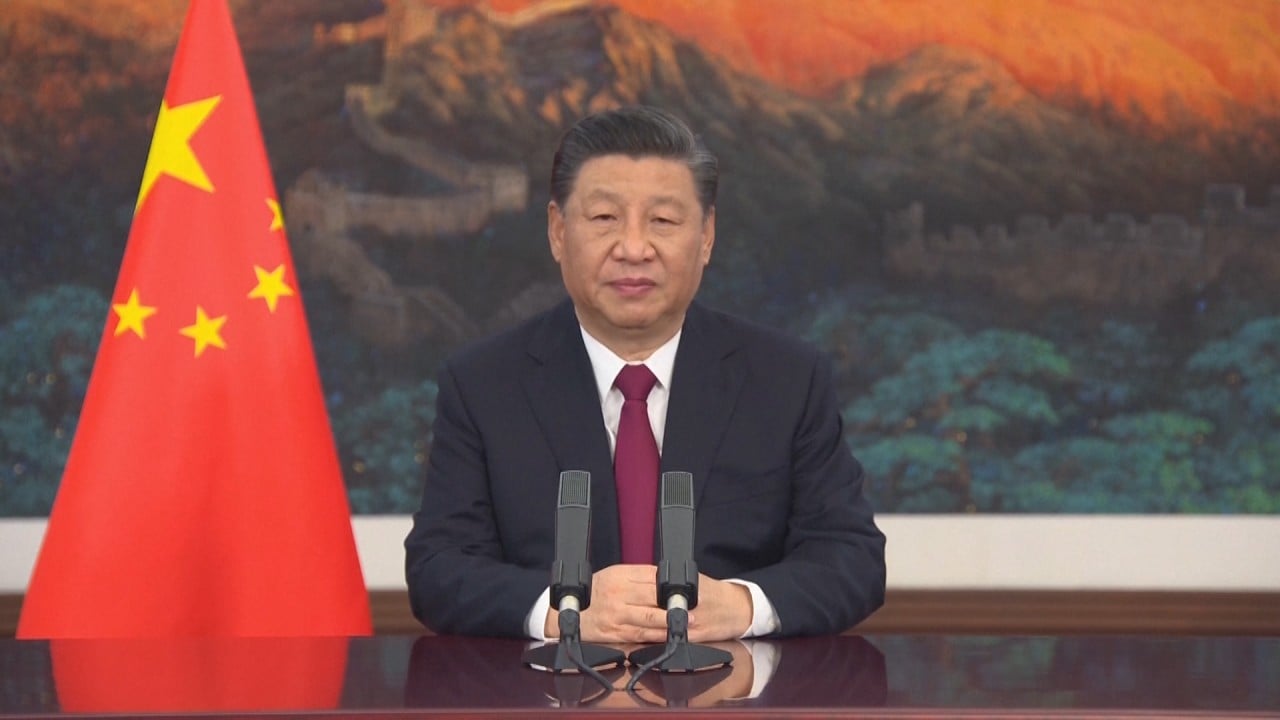Without peace, people suffer and development is delayed, even destroyed. China’s vision of a world of lasting peace naturally attracts peace lovers.
Second, China’s vision offers a new type of international relations. Under the guidance of the UN Charter, no world war has been seen for almost 80 years.
In building a community with a shared future, China promotes a new type of international relations based on mutual respect, equity and justice, as well as mutually beneficial cooperation. No matter the size, strength, ideology, religion or political system, all countries can be equal partners. In a global governance that features extensive consultations, joint contributions and shared benefits, there is no need to worry about strings attached.
Last, but not least, China’s vision translates into true multilateralism. This is about having international affairs addressed through consultation, and the world’s future decided by everyone working together. In the face of global crises, including the arms race, threat of nuclear war, development gap, poverty, pandemics and climate change, true multilateralism is the solution.
This means an international system with the United Nations at its core, an international order based on international law, and basic norms governing international relations based on the purposes and principles of the UN Charter.
For Asean members and others in the wider Asian community, there are further reasons for joining China’s vision. We share a common home, we understand and trust each other: Asian minds think alike.
Seventy years ago, China, India and Burma – now Myanmar – jointly initiated the Five Principles of Peaceful Coexistence, which became adopted in other parts of Asia and the world. The values of consensus, harmony, unity and community were championed by the likes of Lee Kuan Yew, Singapore’s founding prime minister, and Mahathir Mohamad, Malaysia’s former prime minister, often as part of Asian values.
Xi, Anwar’s commitment to build trust between civilisations is the future
Xi, Anwar’s commitment to build trust between civilisations is the future
As the Central Conference on Work Relating to Foreign Affairs pointed out last December, the vision’s goal is to build an open, inclusive, clean and beautiful world of lasting peace, universal security and shared prosperity.
On this basis, China is ready to work with partners in Asia and the rest of the world to meet common challenges and achieve prosperity for all, ushering in a shared future of peace, security, prosperity and progress.
Zhu Jing is charge d’affaires ad interim of the Chinese Embassy in Singapore


